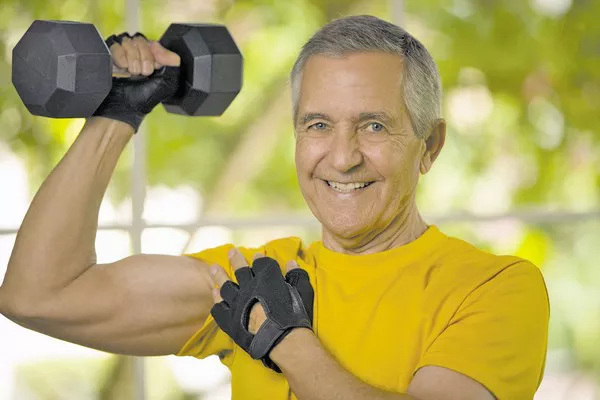For a long time, traditional Chinese exercises like Baduanjin and Tai Chi have been associated primarily with older adults. Baduanjin, an aerobic exercise with over 800 years of history, and Tai Chi, a martial art with centuries of cultural heritage, are now attracting growing interest among young people, adding fresh elements to modern fitness trends.
From quiet airport lounges to serene forests, city apartments to snowy mountain bases, young practitioners can be seen performing Baduanjin, dressed comfortably and moving gently to soothing music. Jiang Xi, a fashion designer born in the 1990s, has made practicing Baduanjin a daily routine. She shares her fitness journey on social media, where her calm and relaxing videos have earned widespread popularity. Jiang began learning Baduanjin three years ago under the guidance of her brother Jiang Nan, a graduate of Beijing Sport University’s martial arts program.
The traditional exercise, once favored by the elderly, is now embraced by many young people alongside other classic practices such as Wuqinxi—“Five Animal Play”—which mimics movements of the tiger, deer, bear, monkey, and crane. On the popular video platform Bilibili, government-released Baduanjin instructional videos have surpassed 10 million views, reflecting its rising popularity.
“Baduanjin is simple, cost-effective, and requires little space. It has become a favorite exercise for young people as it promotes self-awareness and balance, not just physical fitness,” Jiang said.
Tai Chi is also experiencing a resurgence among youth, especially in academic settings. At Peking University, Tai Chi classes fill up quickly each semester. Instructor Chai Yunlong, a former world martial arts champion, emphasizes the benefits of Tai Chi for enhancing physical health and emotional well-being. “Tai Chi helps young people build strength, improve mood, and nurture both body and mind,” Chai explained. His engaging lessons also include practical self-defense techniques.
Students like Su Yu, an undergraduate at Peking University’s School of Foreign Languages, praise Tai Chi’s depth and cultural significance. Doctoral student Wang Jiahang from the university’s Marxism Institute has practiced Tai Chi for four years, valuing it not only as disciplined exercise but also as cultural enrichment embodying core values like balance and the principle of yielding strength to overcome force.
Through compulsory courses, workshops, student clubs, competitions, and sports festivals, Tai Chi is deeply integrated into campus life, energizing the student community and fostering appreciation of traditional Chinese culture.
As traditional fitness practices gain traction among younger generations, they are reshaping China’s modern approach to health and wellness by blending ancient wisdom with contemporary lifestyles.
Related Topics
































